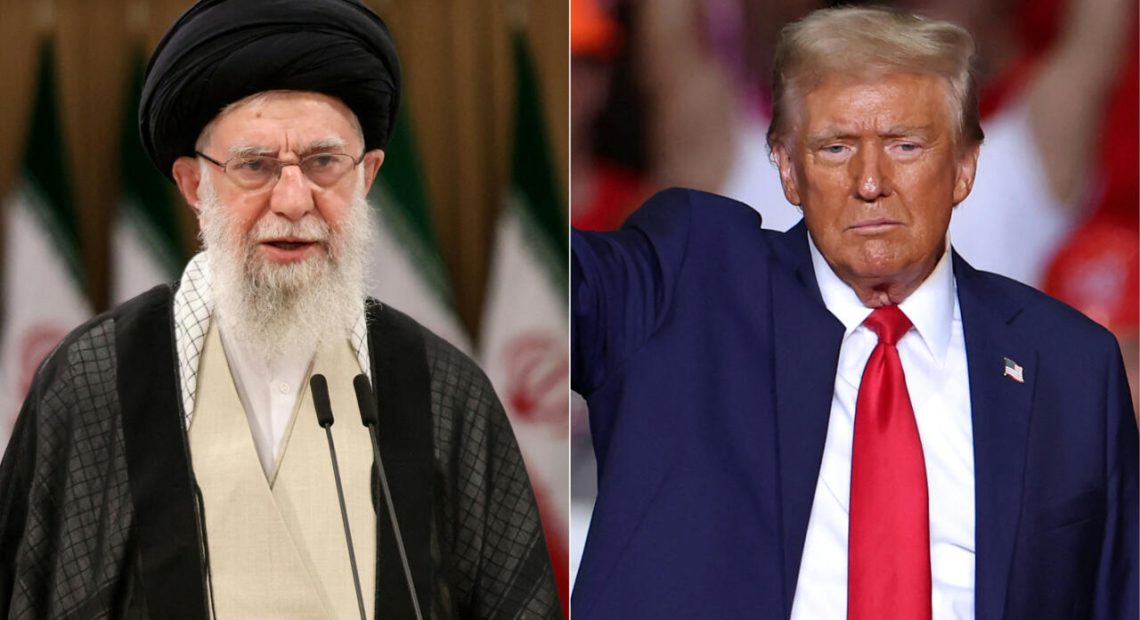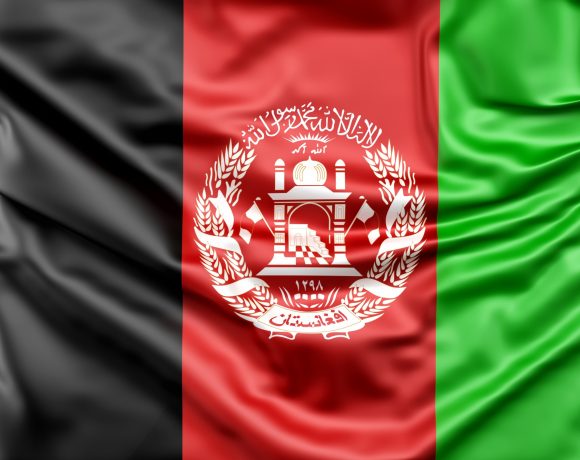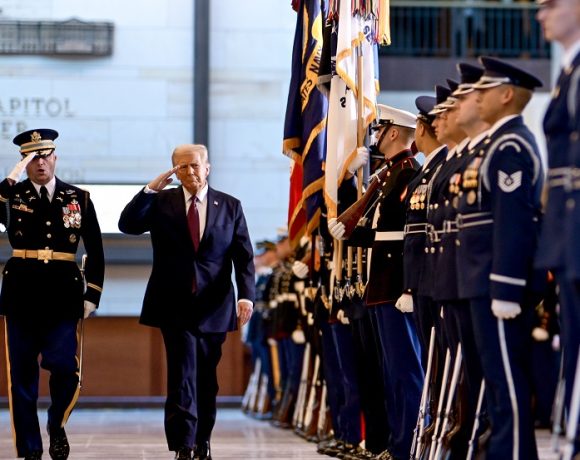
Iran’s Parliament Halts IAEA Cooperation After Strikes
In a defiant move reflecting escalating distrust of international oversight, Iran’s parliament has overwhelmingly voted to suspend all cooperation with the International Atomic Energy Agency (IAEA). The bill passed on June 25 with 221 votes in favor and just one abstention, signaling rare consensus among Iran’s often divided lawmakers. The decision follows recent U.S. and Israeli airstrikes on key Iranian nuclear sites and comes amid a fragile ceasefire.
Iran IAEA Tensions Escalate
Iran’s Speaker of Parliament, Mohammad Baqer Qalibaf, accused the IAEA of failing to protect Iran’s sovereign rights and compromising the safety of its nuclear scientists and infrastructure. “The agency has sold its credibility,” he said, as the resolution instructed the Atomic Energy Organization of Iran to “suspend its cooperation… until the security of our nuclear facilities is guaranteed.”
The bill, still pending approval from Iran’s Guardian Council, imposes sweeping restrictions: no inspections, no surveillance camera access, and no reporting of nuclear activities to the agency unless cleared by the Supreme National Security Council. It effectively shuts down the already narrow window of external monitoring that had survived years of diplomatic friction.
Nuclear Inspections Suspended
While the U.S. and Israel claimed their recent strikes severely crippled Iran’s nuclear infrastructure, independent assessments suggest only partial setbacks, with Iran possibly relocating its enriched uranium stockpiles before the attacks. The IAEA has repeatedly called for renewed access to assess the true extent of enrichment and damage but will now be forced to wait indefinitely.
The director of the agency, Rafael Grossi, had earlier expressed concerns that Iran’s enrichment levels might remain dangerously close to weapons-grade thresholds. With cooperation suspended, the global community is now effectively blind to developments inside Iran’s nuclear program.
Ceasefire Amid Diplomatic Breakdown
The parliamentary vote coincided with a recently brokered ceasefire agreement between Iran and Israel, intended to de-escalate hostilities following near-daily bombardments. However, Tehran’s decision to halt cooperation with the IAEA may now undo diplomatic momentum, as Western nations had pinned hopes on deconfliction through international monitoring mechanisms.
Iran maintains that its nuclear program remains peaceful, citing a religious decree by Supreme Leader Ayatollah Ali Khamenei against nuclear weapons. However, with inspections suspended, few external stakeholders can independently verify that claim. Iran insists that it will return to compliance only when international bodies can ensure the physical security of its nuclear infrastructure and the personnel involved.
As the world watches, the collapse of IAEA cooperation has not only reignited fears of a renewed nuclear standoff but also highlighted how geopolitics and military action can rapidly dismantle the scaffolding of multilateral diplomacy. With tensions still high, the next move may well determine the course of nuclear stability in the region.


















